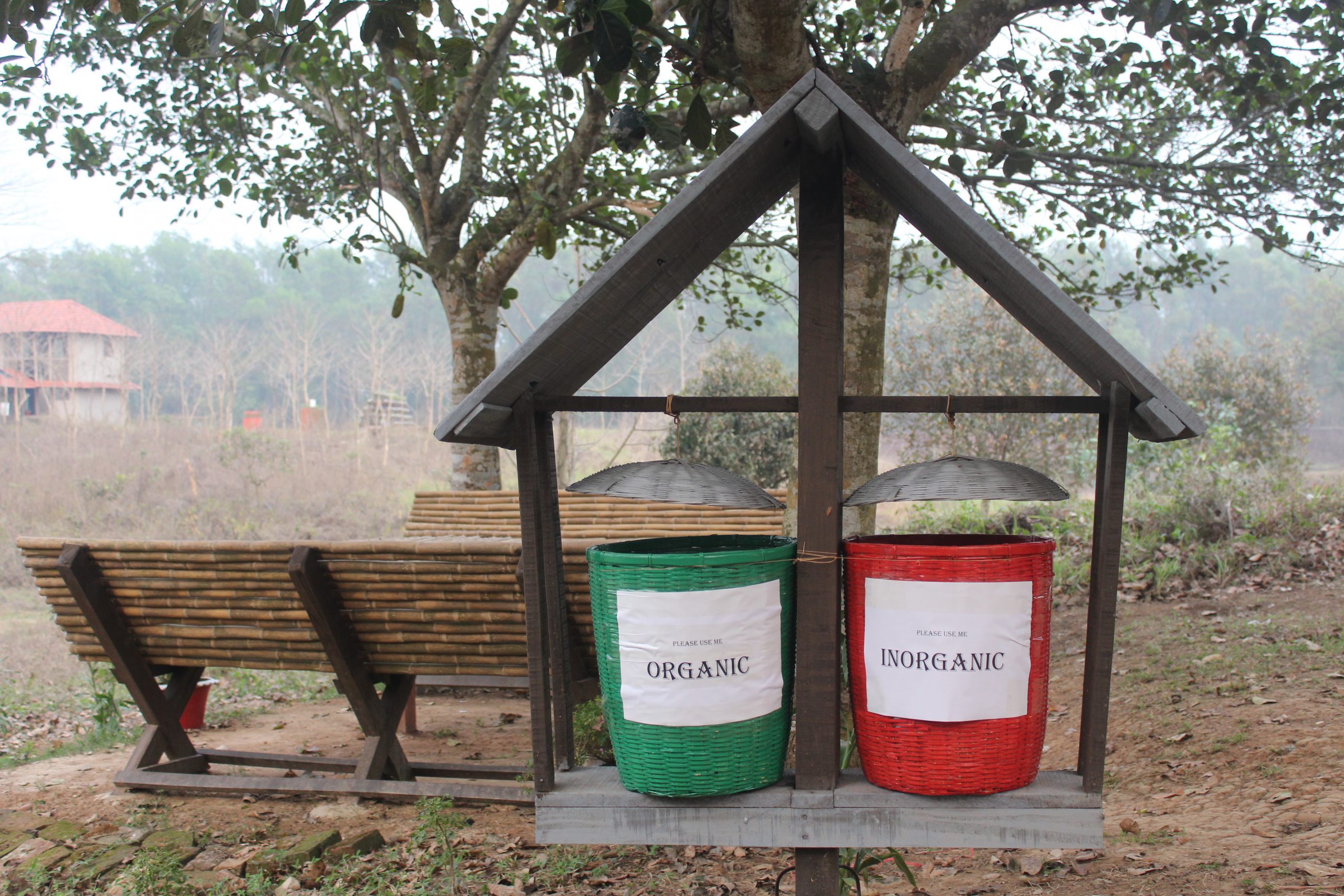Waste Management

Waste management is a branch of environmental science that deals with the huge amount of waste that is constantly generated in the world. It suggests destroying only the unusable and harmful waste for humans and the environment which is very small compared to the total generated waste. Then it recommends recycling most of the remaining waste by dividing that into metals, plastics, glass, paper, and organic. The management also includes awareness of recycling by encouraging the public to separate waste at its source during disposal into different types of recycling bins. It is very important to acquire this skill because waste is polluting the soil, water, and air, not only in Bangladesh but the whole world, devastating public life and the environment.
Benefits to the user:
- It’s a noble act for saving the earth and environment
- Keeps the environment clean and fresh.
- Reduces the spread of diseases for proper management.
Contribution to Climate Change Mitigation:
- Waste management reduces open incineration
- Reduces the amount of greenhouse gas emissions generated by the reaction of various wastes.
Regional feasibility:
- All regions, especially municipal areas
Cost: Very cheap for starters. Cost varies upon the size and material of the container. It is recommended to reuse old containers for this purpose.




